
Scott Wiper has
made what you could call a Hard-R action flick that recalls the
violent action flicks made in the early eighties that avoids
political correctness or anything of that nature.
This flick also happens to have one of the biggest wrestling
stars of all time, Stone Cold Steve Austin in his first leading
role. THE
CONDEMNED
is not a
perfect movie, and I have a feeling it will not get wonderful
reviews from critics. But for
what it is, it is a blast. There
is violence, gore, things blowing up and Stone Cold Steve Austin.
And most impressively, it plays with the idea of how far the
media has gone in turning murderers into celebrities as in a recent
news story which I will not mention here.
Yes, this is basically a big and loud popcorn flick but it is
fun and it also has another scene-stealing performance from Rick
Hoffman.
I got the chance
to hang out with Scott Wiper and THE CONDEMNED crew at the Wizard
World Convention a couple of months ago.
I was very impressed with the dude who also handled comments
regarding BATTLE ROYALE similarities during the panel discussion.
Truth be told, a group of people battling each other to save
their own lives has been around much longer than even BATTLE ROYALE
[although, yes, I loved that film]. But
he is a laid back guy who really loves action movies.
Call THE CONDEMNED almost his love letter to those films that
were unapologetic about what they were trying to be.
Scott is a great guy, and he loves to talk about his work
making my job very easy.
Scott
Wiper

This is your
first big thing really. What was it about this movie that made
you want to do it?
I smelled
something when I first got the script. They were looking for a
writer and a director. They wanted to move fast. They
already had a script so they wanted a director who could also
re-write. I had a lot of screenwriting as well as film making.
I’d written scripts for Joel Silver, Walter Hill, and the late
Bobby Newmyer. Every time you go in for a potential job, it
takes a lot of prep work. You have to figure out if it’s
worth your time. I didn’t know at the time about WWE.
When I started reading about Stone Cold [Steve Austin], of course I
know of him, but I discovered this enormous fan base.
I just smelled
untapped potential with a massive celebrity who hadn’t been an
action hero yet. And that just right off the bat got me
excited. Vince McMahon is not only a billionaire but enough of
a maverick that if he likes what you got, if he likes your vision,
he doesn’t care if you’ve just come off a $100 million movie or
a $2 million movie, which probably you wouldn’t find in a studio
system. You could have made a small movie but it probably had
to win Sundance. I’ve always been into action films.
After I got out of film school I made a low budget movie, about
$100,000, with some buddies of mine from school.
I’d worked for
years as a sound man and realized all my buddies from school were
still unemployed. I thought, we got to make a movie. So
I went back to
Ohio
. I set up a limited partnership. I got a bunch of
books. I went to
New York
and met with all the independent film makers at the time, Alex
Rockwell, Jesse Beaton, and all these different [people].
Independent film was surging, this was in the early 90’s, and I
just said, how did you do it [to everyone]. I’d walk into
bookstore and buy all the how-to-get-your-film-financed books.
It seemed like everyone did a limited partnership.
You set it up,
it’s pretty cheap, and then you can take investments. I did
anywhere from $2000 to $10,000 from about 25 different people,
including friends, family, fraternity brothers, and then just
businessmen that I solicited. We got the money together.
We shot it on super 16 [film] and then blew up 35. Then I
moved to Hollywood. I didn’t come to L.A. until I had a
feature. I lived with my parents [and] saved my money. I
wrote another script and then moved to L.A. I had a movie and
a script.
With “The
Condemned”, how much of it is you trying to make a statement and
how much of it is you trying to make a kick-ass action movie?
The latter…
because first and foremost movies have to be entertainment.
Having gone to a liberal arts film school I had my dose of classical
French film and French society. We watched all the greats,
like Hitchcock. At my school, the focus was on education of
film and storytelling. Then we’d get the
equipment and do anything. If you wanted, you could film, you
could shoot, you could edit. But I think, especially this type
of movie, has to just be entertainment but with that a violent film
must be a cautionary tale or a morality tale, but no more than like
the old Clint Eastwood movies. The Westerns were always that,
they used violence for some simple allegory.
You don’t want
to be heavy-handed, and I’m always concerned about that. You
shoot a little bit more of that stuff and then you edit it out so
that it’s not heavy. But I felt there was a vacuum as an
action film, I don’t see any “Die Hard”s – rated R.
“Lethal Weapon” – rated R. “48 Hours” – rated R.
All I was seeing was these PG-13 action films made for $80 million
and they have to entertain everyone from my two sisters to my
mother. So when I first pitched how I would do this movie, I
said, first and foremost rated R. It’s the whole essence.
There’s a whole faction of people out there, and they’re not
just men, and they’re disappointed with action films because
they’re sugar coated.
So my two themes
for this movie were authentic and unapologetic, the way I found in
“48 Hours”. They movie had humor but it had hard-boiled
action. “Deliverance” wasn’t an action film but the
photography that I wanted to use was a lot like “Deliverance”,
which I called “non-privileged photography”. For instance,
when you see a Mountain Dew commercial, every single shot is
reminding you that it’s a movie, whereas some of those older films
had that documentary style. If you see those old films by
William Friedkin or John Boorman you saw this, damn I’m lucky to
see this.
You have on a political level or whatever you want to call
it, you have these people who are bad – the evil
television producer – did you base that on anybody?
A lot of people.
In the script, I wrote the producer like the reality TV guys, Mark
Burnett, Mike Fleiss, Joe Francis, and there’s Michael Bay
although he’s not a reality TV guy. When I first started,
I’d written the treatment of how I would do the re-write. I went
to a friend’s birthday party in Texas, where they were filming
“Texas Chainsaw Massacre”, and I’m at a table with Joe
Francis, Mike Fleiss, and Michael Bay. I just wanted some
character that represented Hollywood. I need to find things to
hold on to when I’m writing. It may not end up that deep,
but I need it to sit my ass in a chair for 70 hours a week.
I saw Breck, the
producer, as just Captain Ahab, a man who has scars. In longer
versions he was exiled, he had to leave America for legal reasons,
so he was an exile from Hollywood. Or a Kurtz type character
that holds up and decides he’s obsessed with Hollywood having
basically exiled him. All the networks shut him down because
he went too far. He tried to film executions. He’s
obsessed with showing them, that he can beat them at their own game
without any of the major networks. And he’s charming enough
to convince people to do this stuff. And just as in “Moby
Dick”, Starbuck, the first mate, approaches the captain and tells
him, we’ve gone too far, we’ve sailed to far from England, we
need to go back.
There is this
sense of doom that the ship will go down and only one person will
live. That was like the control room to me. The control
room also represented Hollywood and America. The cool thing
about an island is it is a microcosm. You can use it visually
as a statement, as the world. The control room is like
America. The other side of the island could be Africa, or it
could be the Middle East. What I wanted to do was create these
two different worlds, one is desensitized to the violence that is
all around them, but they are constantly looking at it on the
screen.
The look was
based on a sports bar I was in where when the game ended, the TVs
all defaulted to CNN because another game didn’t start for like 15
minutes, so there was just footage of like Iraq and whatnot.
During football, everyone is just looking up at screens and Iraq
came up and people surrounded by 30 images of violence didn’t even
affect them anymore. At some point these worlds have to
collide. Bringing Vinnie Jones and Stone Cold into the control
room, for example, is kind of a wake-up call for these young
Hollywood types who work there that the contents up there on the
screen, is facing them in real life.
Everyone in the
control room on one level would have an epiphany. Like Julie
has hers early on. Goldman, who’s probably the most complex
of the bunch, because he is tortured, unlike who is Julie is cut and
dry about this being wrong. He is torn because he has a
loyalty to his captain, to his best friend. The others don’t
have their epiphanies until someone is putting the gun right to
their face. But they all at one time realize that violence is
real.
Let me know
what you think. Send questions
and comments to [email protected].


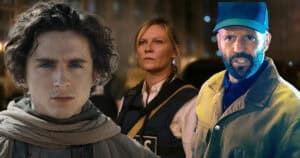
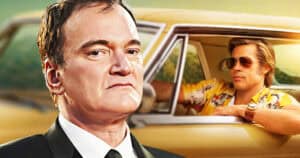
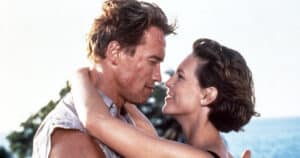


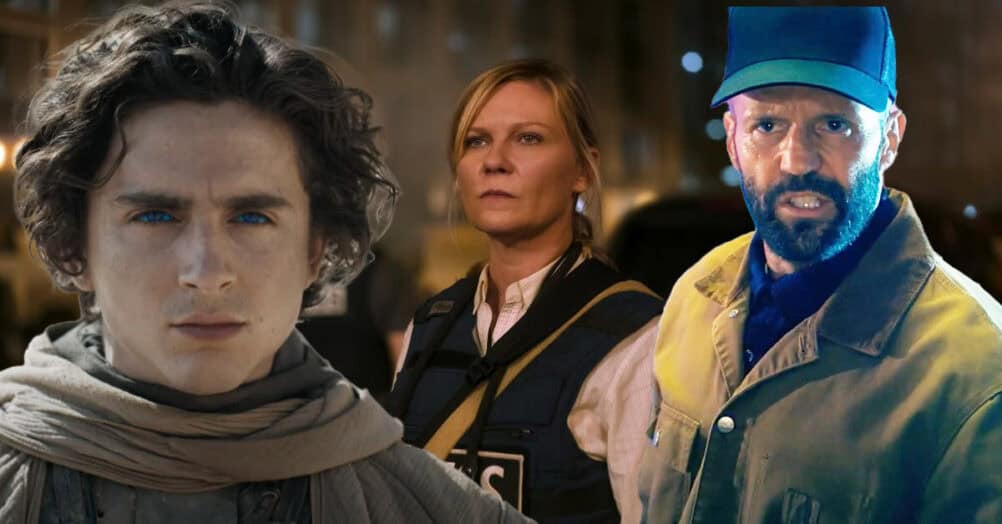
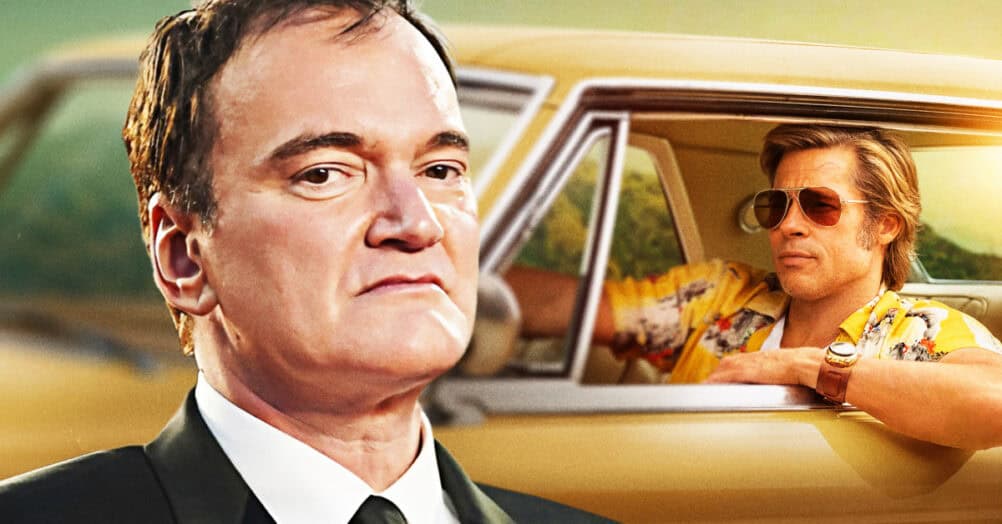
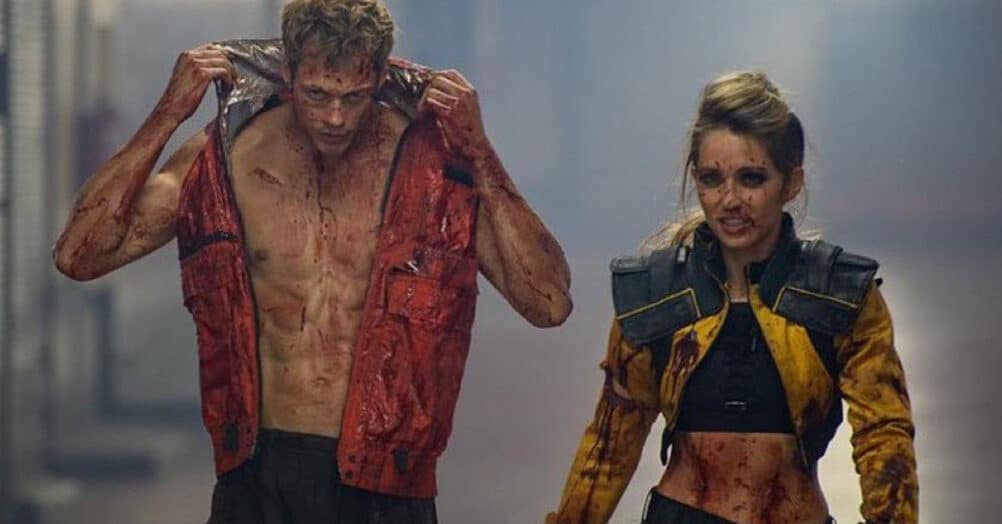
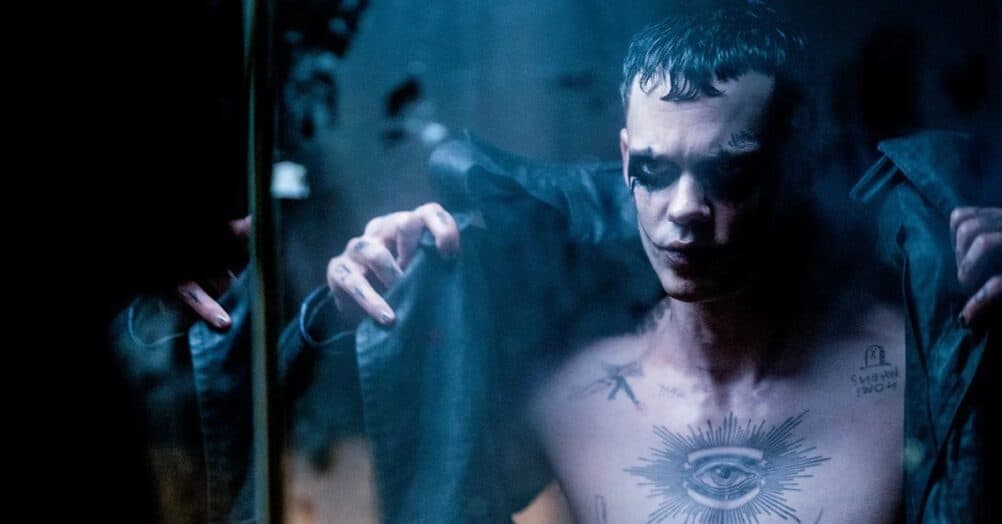
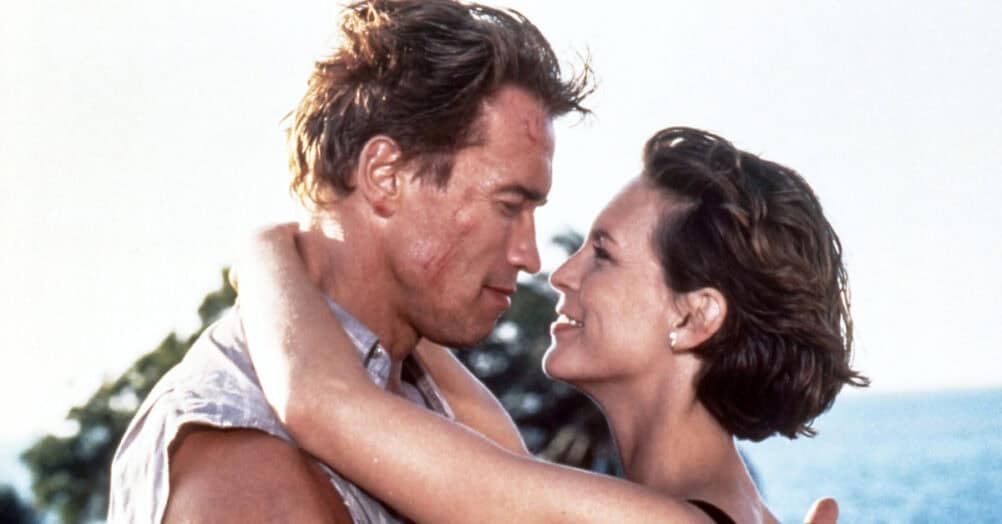
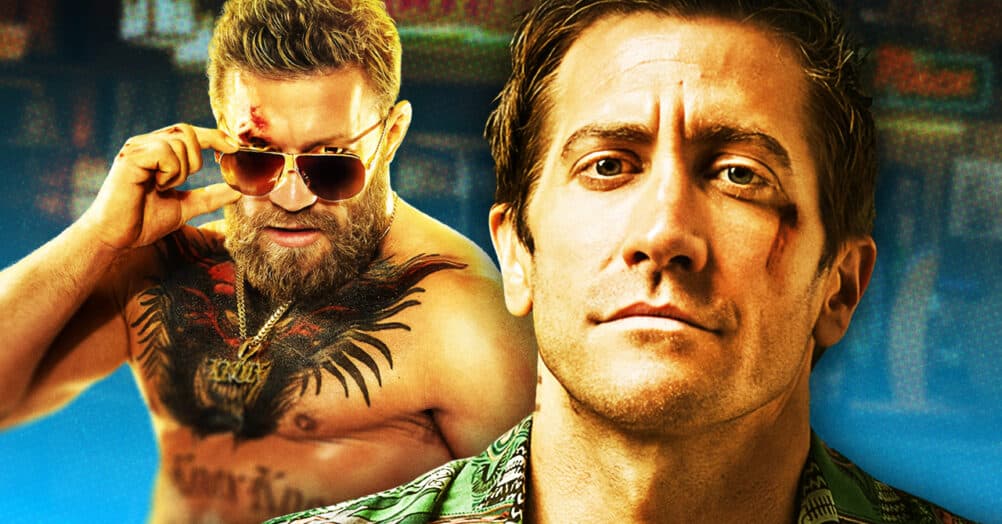

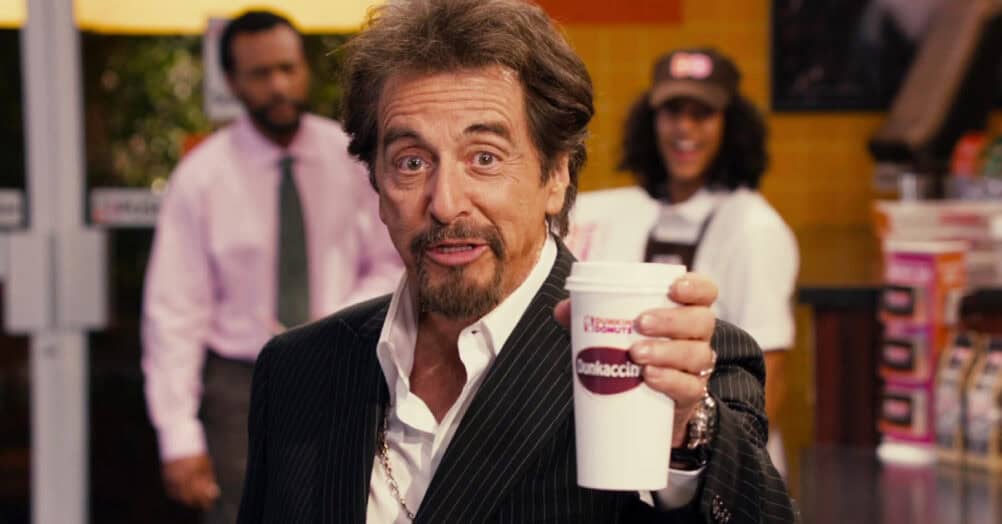
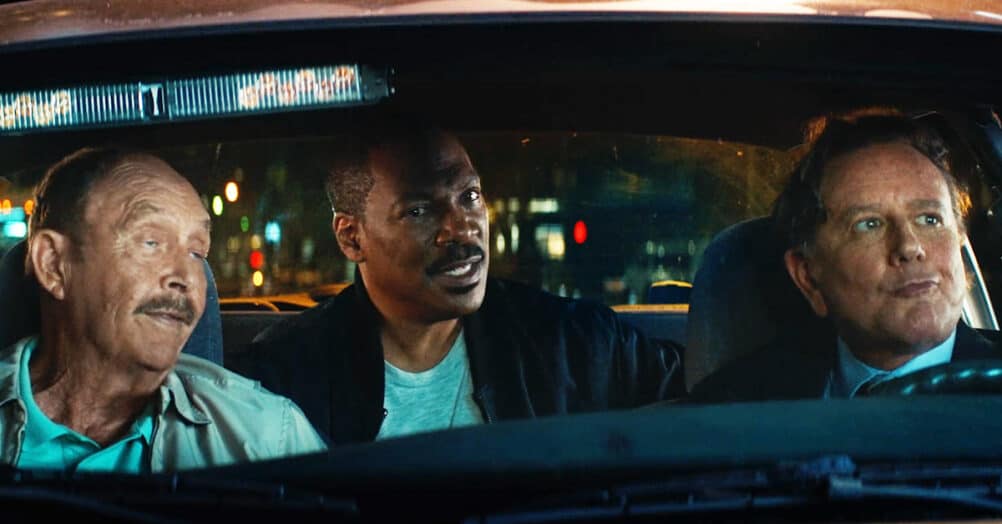
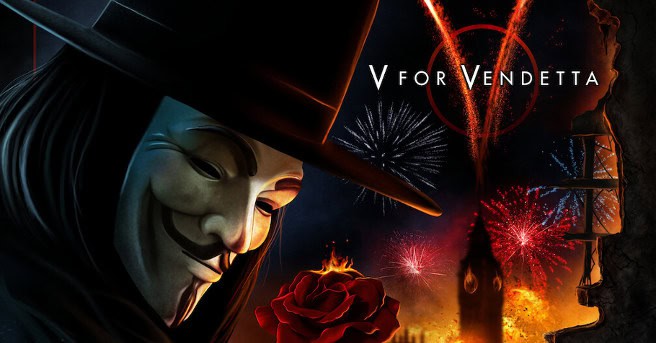
Follow the JOBLO MOVIE NETWORK
Follow us on YOUTUBE
Follow ARROW IN THE HEAD
Follow AITH on YOUTUBE